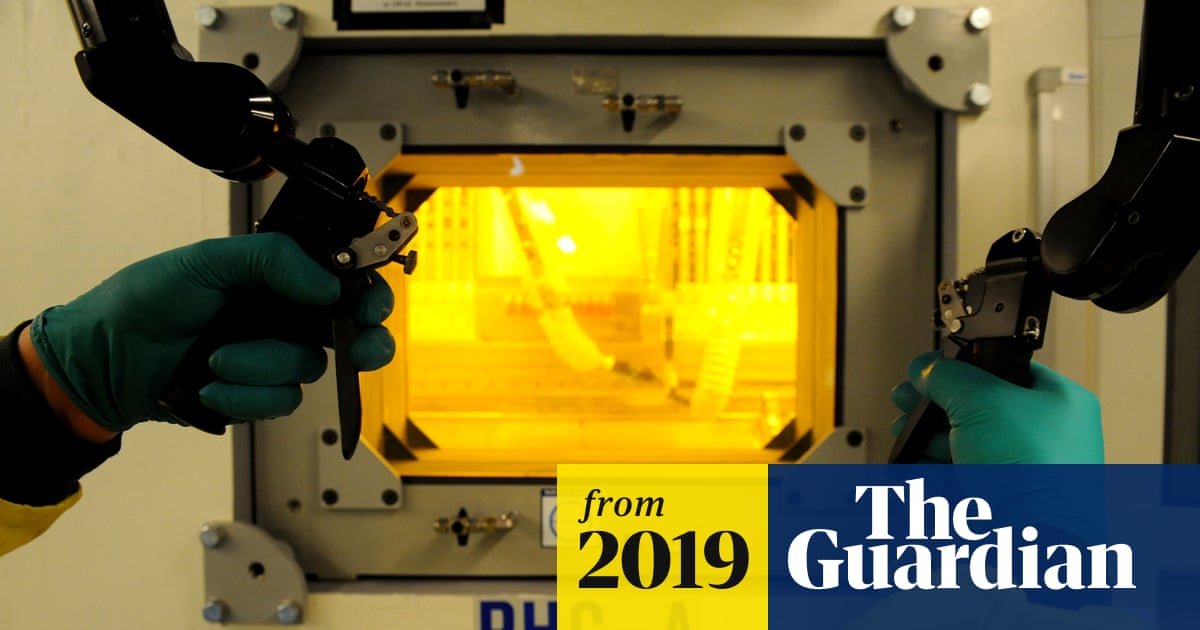Nuggs Bunny
Moderator
- Moderator
- #201
What are your thoughts on air travel?And this sadly, is why Australia will never have a nuclear reactor. Or should never have one.
I don't trust the country to run what should be a relatively safe form of power generation. Even worse if it ends up in private hands.
Two workers exposed to unsafe radiation dose at Lucas Heights nuclear facility

Two workers exposed to unsafe radiation dose at Lucas Heights nuclear facility
Exclusive: production at Australia’s only nuclear medicine facility halted after ‘safety incident’www.theguardian.com



